I still wake up sometimes surprised that I’m not in my childhood bed, and that I actually live abroad. It’s what I always dreamed – to be immersed in a foreign culture learning its language. Even past the 2.5 year mark living in Czechia, I often compare the phenomena I see with what I grew up with, looking for and fascinated by the way cultures function differently, the large and small differences alike.
Read the first 10 differences in this series here.
*
Let’s start with a surprise…
10. Otužilost and other ways of staying healthy
There’s no good way to translate this into English. The dictionary will tell you “hardiness” or “reduced sensitivity to cold.” People who are otužilý try to live a “hardened” lifestyle – they wear shorts and a t-shirt year round, even in fierce winters. They may take cold showers or swim outside in the cold. The people who train themselves this way consider it to be a healthier way of living. It’s just a little bit different from our American health trends…
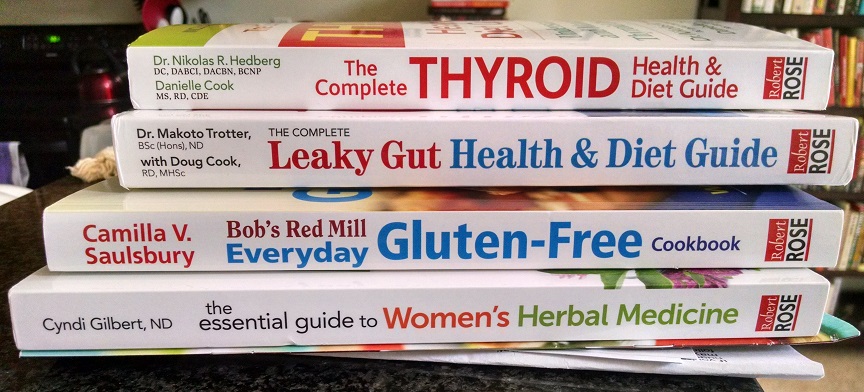
Speaking of which, what I’ve noticed is that Czechs take health trends and just do them better. And when I say they take health trends and do them better, what I actually mean is that they have been growing their own organic herb gardens or drinking homemade herbal tea or beekeeping before it became a buzzword (I’m looking at you, gluten-free) or American cable news ever said it was cool.
9. “Pudding”
I have some questions for Czechs. There are just some things I can’t understand.
Why is your hot chocolate what Americans would call pudding?
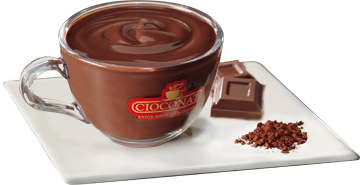
And why is your pudding what Americans would call jello?
WHY?!?!?!
8. Zdeněk Pohlreich
Dear Lord, have you NEVER noticed that your beloved celebrity chef is a vampire?
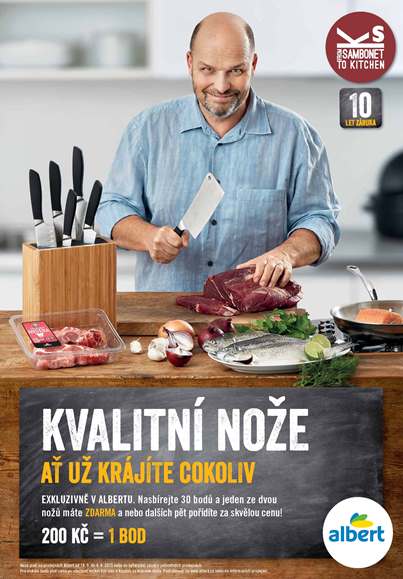
Once I wanted to go grocery shopping in Albert but I saw this advertisement and got scared about what was waiting inside for me.

Look at that face! There’s evil lurking behind the smile…
Plus, he never uses garlic!
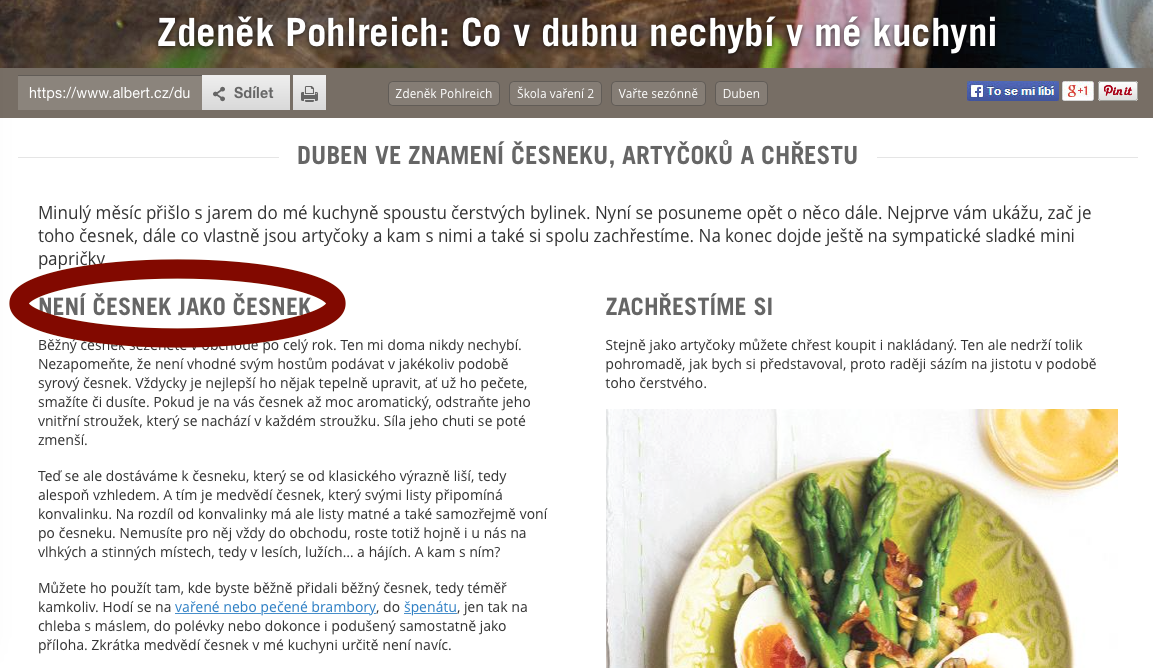
Oops, just kidding?
7. Toilet Quirks
Where’s the bathroom? Find out the first mistake I made with Czech toilets here.
Three things.
- What use is the light switch on the outside of the toilet?
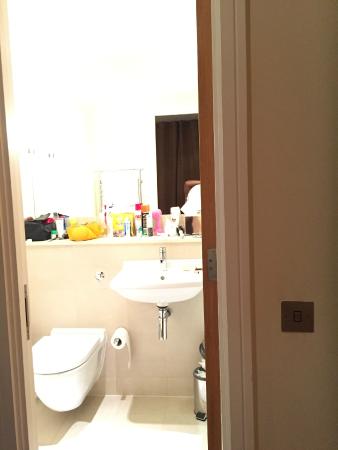
Someone could shut the light off on you at any time and you’d be trapped.
2. In some public places, there are no locks on the toilet stalls. The system is generally: If the door’s closed, don’t go in. But this isn’t universally followed. 😛
3. I understand this is a Communist-era quirk but in some places (like Sokolovna – the community center) you have to take toilet paper before you go into the stall. The aim is to save paper. But how do you know how much you’ll need?! It’s less economical if you’re grabbing a lot of paper just to make sure you have enough.

*
On a more serious note…
6. Apologizing
There are very few things that Czechs readily apologize for – Americans have got the market cornered in this sense. We tend to over-apologize. For example, this often happens:
Person: My grandma’s in the hospital.
Me: I’m so sorry to hear that!
Person: Why would you be sorry?
Me: Um.
I was just trying to be polite, but in that case, should
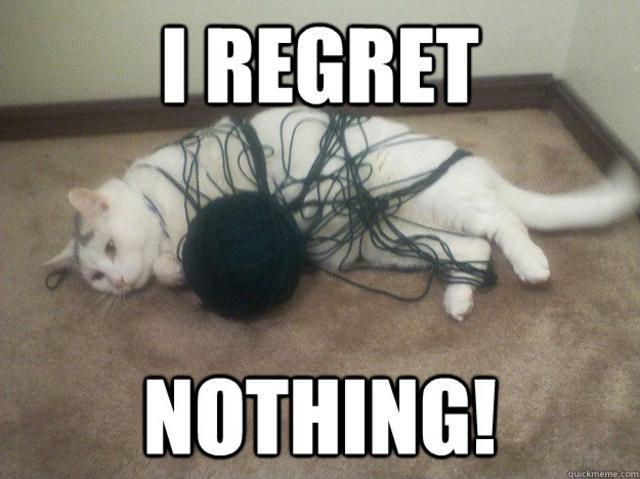
?
There are many situations when the American in me thinks it’s polite to apologize, but my Czech conversation partner just thinks it’s unnecessary.
The most surprising thing I have never heard an apology for is pushing someone (accidentally or not as it may be). Whenever I’m jostled or pushed in a public place, for example the supermarket, the person simply continues going without a backwards glance. Rude! Americans expect apologies in situations like this. And instead of being asked politely to move when I’ve been looking at something that the person next to me needs, I have even been taken by the shoulders and moved over without a word (it was only once, but it still happened). Otherwise, if I don’t move, I am just silently jostled.
Czech supermarket mindset:

As a native English speaker, the apology I hear most is, “I’m sorry for my bad English.” Ironically, the people who are most likely to apologize for this are the least likely to warrant it!
5. Family Time and Eating Out
Czech home life is very different from its American counterpart. Czechs spend a lot more time with their families and especially eat with them more. Many families have a (deliciously) home-cooked lunch together on Saturdays and Sundays, and often the extended family (especially grandparents) will join on Sundays. When you can cook something – or more importantly, if your grandma can cook something – better than you can get it at your local restaurant, why would you spend money on it?
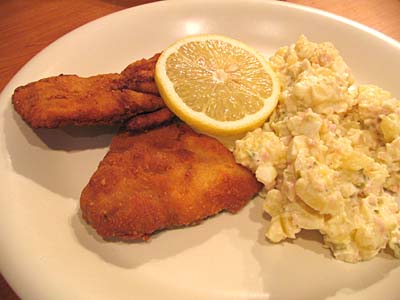
4. Bringing your own food
Americans like picnics as much as the next person. But Czechs prefer not to spend unnecessary money. This means that they will usually prepare schnitzel or sandwiches and vegetables (for moistening and balance) to take on longer trips or day hikes.
I have even heard of Czechs living abroad taking all grocery staples with them on the return; for example, pasta. I don’t know if that’s because it’s cheaper or because foreign groceries are not capable of being trusted… Now that’s extreme.
3. Staring and Silence
Many Americans are very awkward about silence. We feel the need to fill up silence wherever we find it. This can at least partially explain the stereotype that we are talkative or boisterous.
Czechs are the opposite. They are chill. They are zen. Silences and natural pauses in conversation are a-OK by them. Human to human, you may have a good chance of winning a staring contest (you will be stared at in small towns or villages if you speak English or look different, while staring back usually stops it until you look away again :P), but don’t ever try to out-silence a Czech person.
It’s a mindset I admire, when it comes down to it. We have a saying in English: If you can’t say anything nice, don’t say anything at all. While I’m pretty sure neither Americans nor Czechs always follow that advice, I imagine the Czech motto is something more like this: If you don’t have anything interesting, important, intelligent or useful to say, don’t ruin my peaceful silence with your noise.
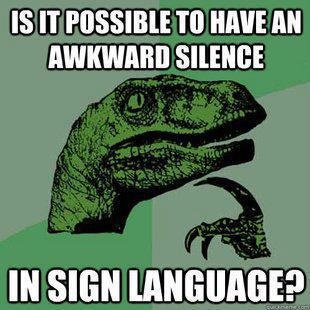
2. Getting angry
While adult Americans will revert on command to toddlers to get the customer service they want, Czechs are more the quietly grumbling or complaining under the breath types. But one thing that really pisses them off is their legal right to exactly .5 liters of beer, with the foam only above that line.
There are inspectors who come to pubs undercover to check that they are not skimping on their customers.
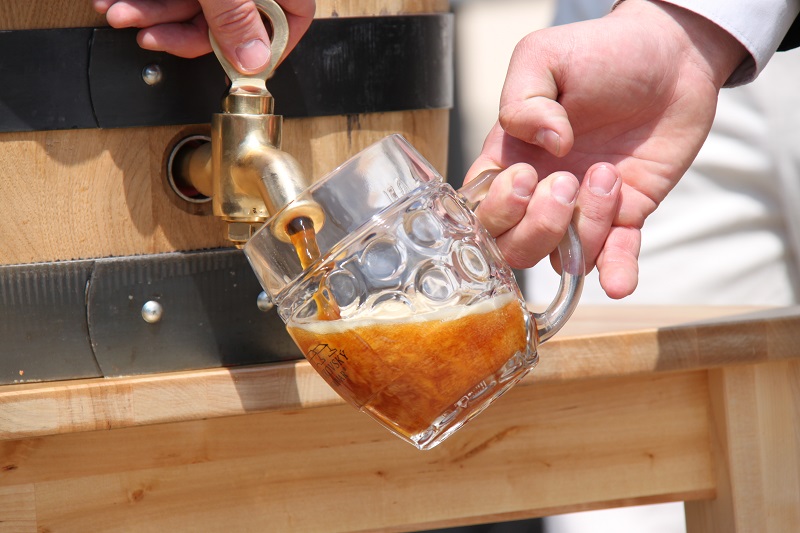
1. Drinking Culture
Take it as a precept that Czechs are more persuasive than you are. (Though I am not excluding you Slovakia, Poland, Balkans, and other Eastern European countries.) If you don’t want that third, seventh, or twentieth panák (shot), you are going to have to put your hand on the glass faster than they can get the lip of the bottle there. And you are going to have to have a very strong will.
Check out Where Is Your Toothbrush’s tips on staying sober in Slovakia, which illustrates the difficulties well.
[T]he custom in Slovakia is to consider every no just a step toward yes; Slovaks will keep offering, if only to demonstrate their hospitality and so that you won’t say you were left thirsty or hungry, until they annihilate your defenses and you say yes just to stop them from asking.
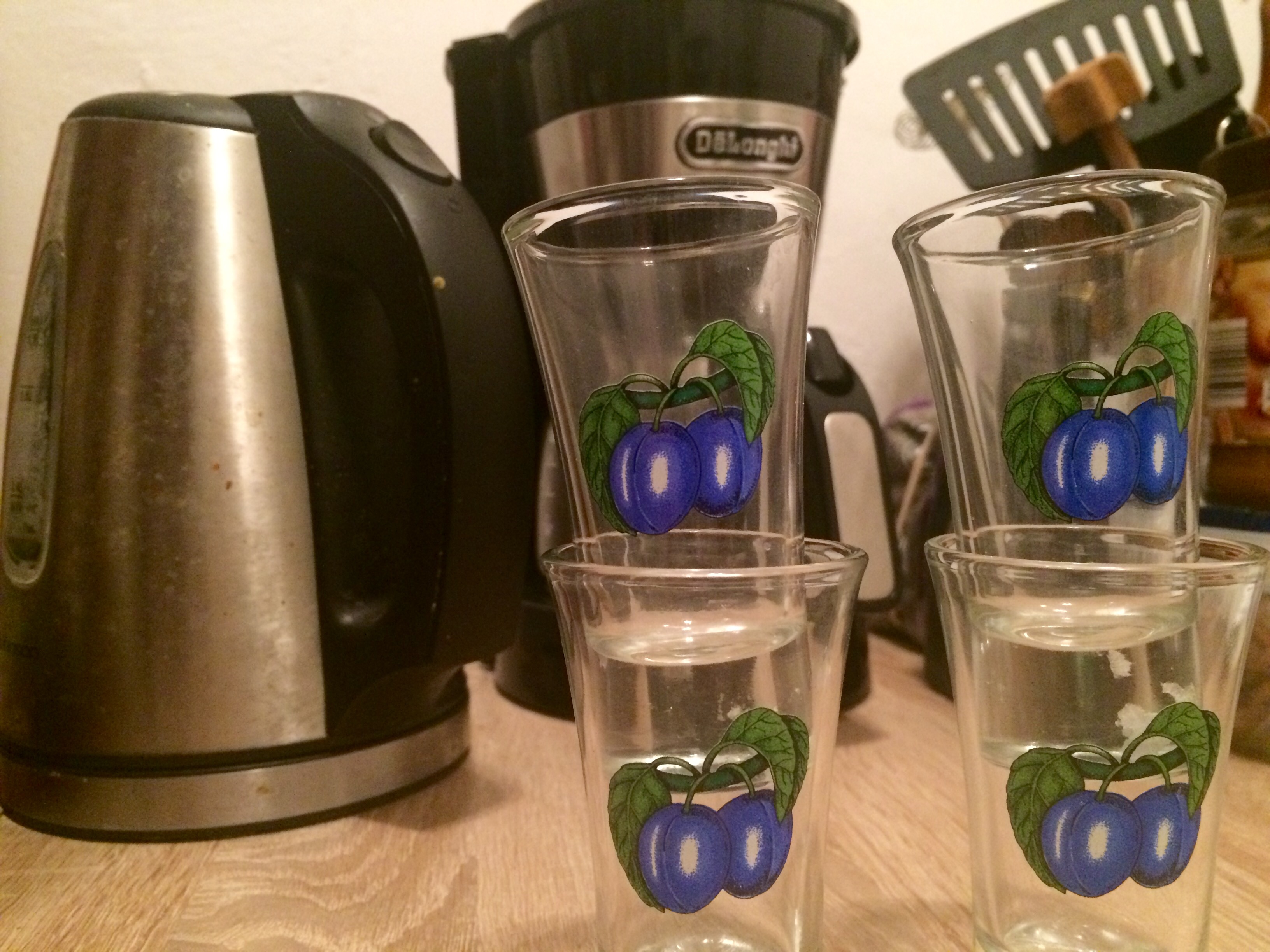
If you’re a Czech living abroad, have you kept these traditions or dropped them?
Fuel your healthy appetite for Czech-merican content! Donate to support the expat-focused work of Chlohemian.


![How Will 2021 Be Different? [Holiday Recap]](https://chlohemian.com/wp-content/uploads/2021/01/img_9386.jpg?w=723)
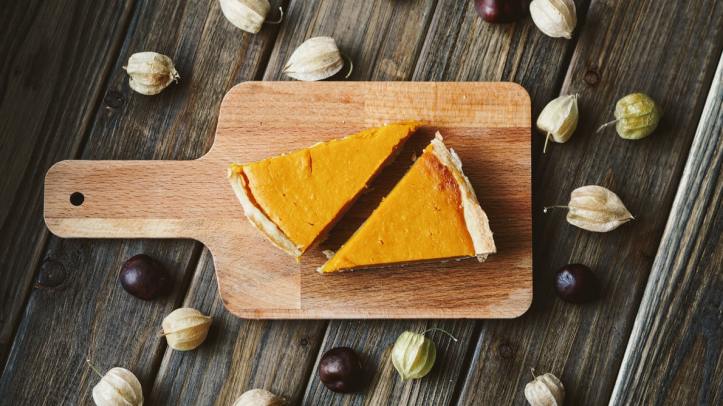

[…] – the “everyday” kind. The only things Czechs will really make a scene about is when their beer is not tapped to legally required levels. But otherwise, Czechs keep a lot bottled up […]
LikeLike
[…] doctors’ – much of which Melanie said had health benefits. There were similar aspects to American culture, like the idea that when someone’s sick, they need a massage, and when someone dies, people […]
LikeLike
This was a hilarious read, especially the bit about slovaks+drinking culture 😀
Additionally (and maybe you covered it in another post already), you could add the use of “dobrý den” everywhere, where as in north america, people say “hi how are you” but really they don’t care and it’s more of “hello” and they should just say that instead.
LikeLike
[…] Slivovice is a clear liquor made of fermented plums, often domestic ones that are sent out to special processing facilities. It’s considered very healthy, a protection against illness, plus Czech drink culture dictates you can never have just one. […]
LikeLike
[…] U Palce is a Tišnov institution. In the last few years when the owner proposed closing it to build new housing, a protest movement (that’s rare) shut down the idea. But like I’ve said, there’s not much Czechs won’t do for their beer. […]
LikeLike
[…] food, drinking, slippers, and living in a small town, plus Czech-merican cultural differences 1 and 2) – but it’s definitely a good picture of first impressions from a first-timer in […]
LikeLike
[…] I first came to Czech Republic, there was definitely. some. culture shock, and I will write another post about some culturally Czech things that I found/still find strange as an […]
LikeLike
[…] this is what implies about Americans and the culture as a whole, and in contrast what it can imply about Czechs and Czech culture. When I went to study in Israel, we received a list of cultural differences between Americans and […]
LikeLike
[…] Slivovice is a clear liquor made of fermented plums, often domestic ones that are sent out to special processing facilities. It’s considered very healthy, a protection against illness, plus Czech drink culture dictates you can never have just one. […]
LikeLike
And my brother always shut the light off when I am on the toilet 😀
LikeLike
Lol mine too!
LikeLike
Chloe, you had a bad chocolate 😀 this chocolate(in your article) really tastes like pudding but other REAL hot chocolates doesn’t taste like this 😉 😀
LikeLike
I know that’s probably true but it’s in every café where I try hot chocolate 😛
LikeLike